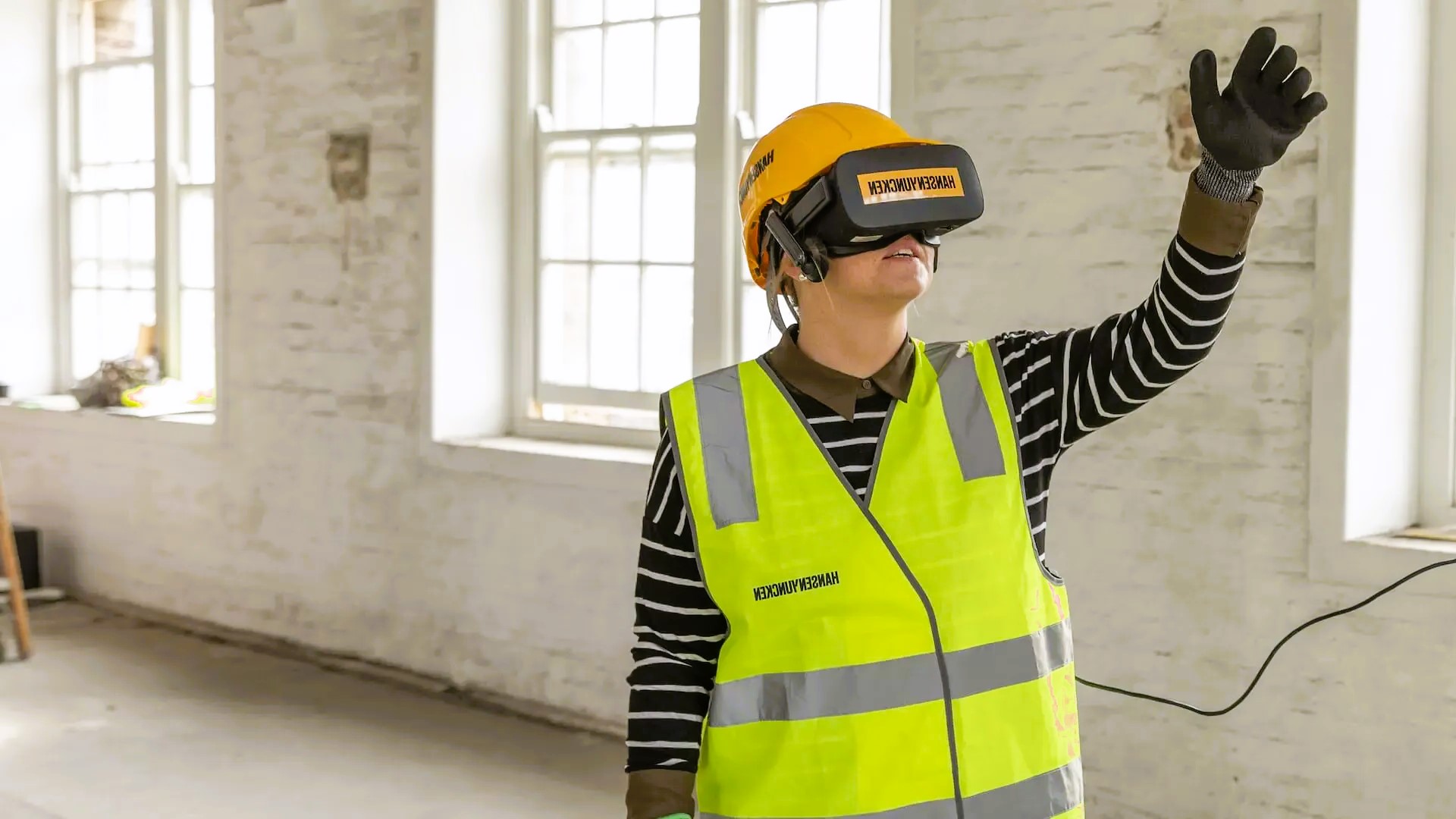Innovative Trends in Modern Construction: What You Need to Know
The construction industry is undergoing a transformative evolution, with innovative trends reshaping the way buildings are designed, constructed, and maintained. As we step into a new era of construction, it’s essential to stay informed about the latest trends that are revolutionizing the industry. In this article, we’ll delve into some of the most cutting-edge and impactful trends that are shaping modern construction practices.
1. Sustainable Construction Materials
One of the foremost trends in modern construction is the increased focus on sustainable and eco-friendly building materials. Builders and architects are now prioritizing materials that have minimal environmental impact, from recycled steel and concrete to engineered wood products. This shift towards sustainability aligns with global efforts to reduce the construction industry’s carbon footprint and promote responsible resource management.
2. Prefabrication and Modular Construction
The rise of prefabrication and modular construction techniques is revolutionizing the speed and efficiency of building projects. Prefabricated components, manufactured off-site, are assembled quickly on-site, reducing construction time and minimizing waste. This trend not only accelerates project timelines but also offers cost savings and improved quality control.
3. Smart Buildings and IoT Integration
As technology continues to advance, smart buildings are becoming an integral part of modern construction. The Internet of Things (IoT) is facilitating the integration of sensors, devices, and systems that enhance building efficiency, occupant comfort, and overall functionality. From automated lighting and climate control to predictive maintenance, smart buildings are paving the way for a more interconnected and intelligent built environment.
4. 3D Printing in Construction
The utilization of 3D printing technology is gaining momentum in the construction industry. This innovative approach allows for the rapid prototyping of building components and even entire structures. 3D printing reduces material waste, lowers construction costs, and enables architects to explore complex and intricate designs that were once challenging to achieve using traditional methods. Common plumbing problems and how to prevent them, read more here.
5. Green Roofs and Sustainable Landscaping
Green roofs are emerging as a sustainable trend in modern construction. Not only do they provide additional insulation and reduce energy consumption, but they also contribute to improved stormwater management and enhanced biodiversity. Integrating sustainable landscaping practices into construction projects promotes environmental conservation and creates healthier, more resilient urban spaces.
6. Augmented Reality (AR) and Virtual Reality (VR) in Design and Planning

Advancements in AR and VR technologies are transforming the way architects and designers conceptualize and plan construction projects. These immersive technologies allow stakeholders to experience virtual walkthroughs of buildings, test design concepts, and identify potential issues before construction begins. This not only enhances collaboration but also streamlines decision-making processes.
7. Energy-Efficient Building Envelopes
The construction industry is increasingly prioritizing energy-efficient building envelopes to enhance thermal performance and reduce energy consumption. High-performance insulation materials, advanced glazing systems, and airtight construction techniques contribute to creating structures that are not only environmentally friendly but also economically efficient over the long term.
8. Robotics and Automation on Construction Sites
The integration of robotics and automation on construction sites is automating repetitive tasks, improving precision, and enhancing overall safety. From bricklaying robots to autonomous construction vehicles, these technologies are boosting efficiency, reducing labor costs, and mitigating safety risks associated with certain construction activities.
Conclusion
Innovative trends in modern construction are shaping the future of the industry, introducing sustainable practices, advanced technologies, and more efficient building methods. Staying informed about these trends is crucial for industry professionals, stakeholders, and anyone with an interest in the built environment. As we witness these transformative changes, it’s clear that the construction landscape is evolving towards a more sustainable, efficient, and technologically advanced future.
For a broader understanding of global construction trends, explore the relevant information on Wikipedia.

